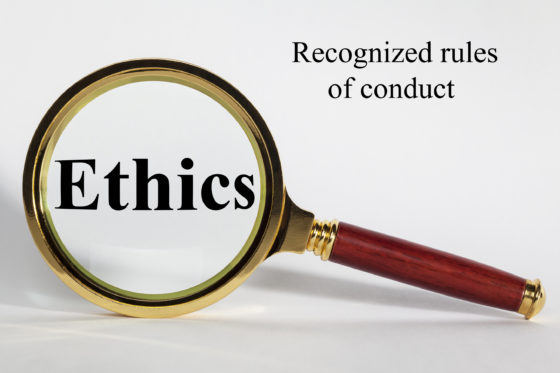Attorneys referring cases amongst each other is as old as the practice itself, with referral fees embedded in state and model ethical rules. Whether a conflict exists or the attorney who receives the case is not adept at handling that type of matter, a referral can be a way for attorneys to be rewarded for successful marketing while ensuring proper client representation. However, when a firm appears to focus solely on marketing, and not on the legal matters advertised, significant ethical concerns arise.
The issue …
Continue Reading
